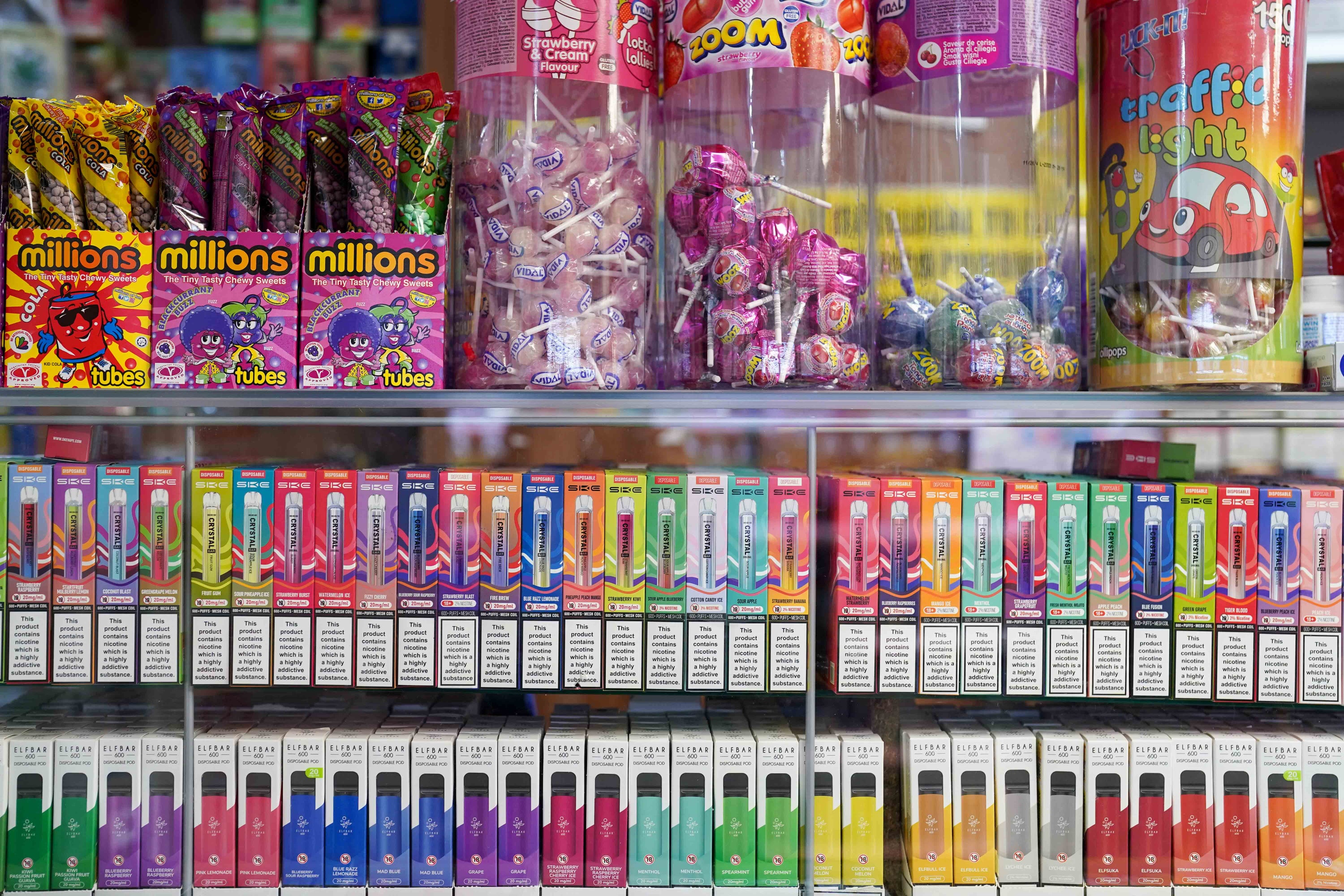Rachel Reeves eyeing higher taxes on vapes as budget day looms
From April 2026, the new tax on vaping products is set to take effect

Rachel Reeves is reportedly considering raising tax on vaping products in the upcoming Budget, going beyond the measures announced by the previous government earlier this year.
From April 2026, the new tax on vaping products is set to take effect after the Conservatives introduced the measure at their Budget in March. This will introduce a levy of £1-3 per 10ml of vape liquid, increasing depending on nicotine levels.
This could cost the average vape user around £72.80 a year, an analysis by The Independent found, with an average £4 bottle of E-liquid rising to £5.40.
The measures will raise around £120m in 2026/27, rising to £445m by 2028/29, according to charity Action on Smoking and Health (ASH). Tweaking these rules or bringing them in sooner could boost this amount by even more.
The rumours come as recent NHS figures show that around a quarter of 11 to 15-year-olds in England have used e-cigarettes, with one in ten using them regularly.

Labour has outlined its ambition to reduce the amount of young people smoking or vaping, bringing in new rules as part of the Tobacco and Vapes Bill. This is the legislation that will gradually ban smoking for younger generations entirely, with no one born on 1 January 2009 ever legally able to be sold cigarettes.
The Bill will also give the government new powers to regulate flavours, packaging and displays of vape products to make them less appealing to children.
The new tax on vapes and increase in tobacco duty are separate from this legislation but similarly seek to make nicotine products harder for children to access.
Chris Thomas, research fellow at the Institute for Public Policy Research (IPPR), told The Guardian: “It is right that the government considers new taxes designed to disincentivise or penalise industries and products that harm health while creating revenue to invest in health creation.
“We estimate health levies on alcohol, tobacco, vapes, junk food and gambling could raise as much as £10bn by the end of the decade.”
A Treasury spokesperson said: “We do not comment on speculation around tax changes outside of fiscal events.”
Join our commenting forum
Join thought-provoking conversations, follow other Independent readers and see their replies
Comments
Bookmark popover
Removed from bookmarks